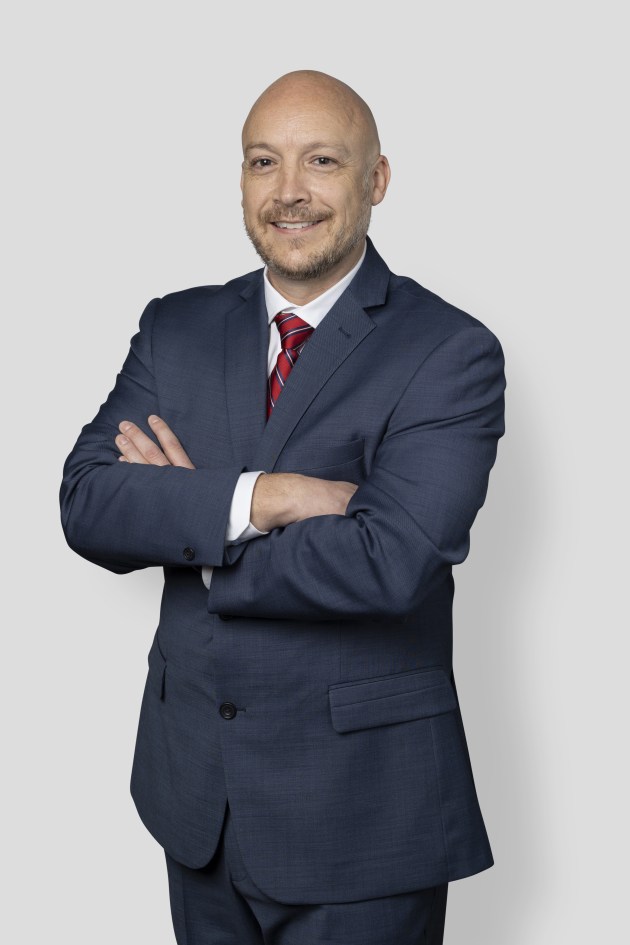In the world of automation, accelerated advancements in AI have long been underway, with companies like Beckhoff Automation Australia offering AI-supported engineering software in the form of TwinCAT Chat. Visit Beckhoff Automation at APPEX on stand D025.
“With TwinCAT Chat, large language models (LLMs), such as ChatGPT from OpenAI, are conveniently used in the TwinCAT XAE engineering environment to develop projects,” said Nick Psahoulias, managing director of Beckhoff Automation Australia. “This unlocks system potential.”
LLMs offer numerous benefits to both automation engineers and enterprise management. For automation engineers, for instance, Psahoulias says that LLMs have the potential to revolutionise the development process by automatically generating and completing code, speeding up the entire process.

In addition, customers with LLMs can create personal tutorials and ask for solutions to specific problems that arise. “This allows customers to operate, and troubleshoot, independently and in their own time,” Psahoulias said.
Looking to enterprise management, he says that LLMs promote knowledge transfer within an organisation: “Here, they act as a central knowledge base and can also help to relieve pressure on one’s support team.” He adds that in an industry prone to skills shortages, AI serves as a point of contact for initial customer queries.
Beckhoff Automation says it will showcase TwinCAT Chat at APPEX 2024. “The biggest barrier to entry for any software solution is access to customers. We are excited to showcase TwinCAT 3 and TwinCAT Chat to visitors at this show. It’s a great way for them to get to grips with it in a focused environment and for us to showcase its true potential.”
TwinCAT Chat was developed to deeply integrate LLMs into control engineering, which the company says gives users a clear benefit when compared to using ChatGPT traditionally in a web browser, for example. This greatly simplifies the development process, as communication and code exchange are seamlessly integrated.
Furthermore, the basic initialisation of the LLM has been tailored specifically to TwinCAT requests. As Psahoulias explains, a customer can thus ask specific questions directly and doesn’t have to tell the LLM that they are using TwinCAT first and that the code examples are expected in Structured Text. In addition, the generated code can easily be transferred, which not only saves developers time but also prevents the errors that occur when transferring code manually.
For efficient interaction with TwinCAT Chat, simple one-click pre-tested requests can be used that are specifically designed to improve the user's workflow. Other current development work includes automated creation of TwinCAT HMI controls and a chatbot interface to the extensive Beckhoff documentation system.
“We’re very excited to put the power of AI technology into the hands of our customers, with the TwinCAT Chat solution that’s so easy to use, and cost-effective,” Psahoulias concluded.
APPEX is taking place on 12-15 March at the Melbourne Convention & Exhibition Centre. Free registration is open now.





